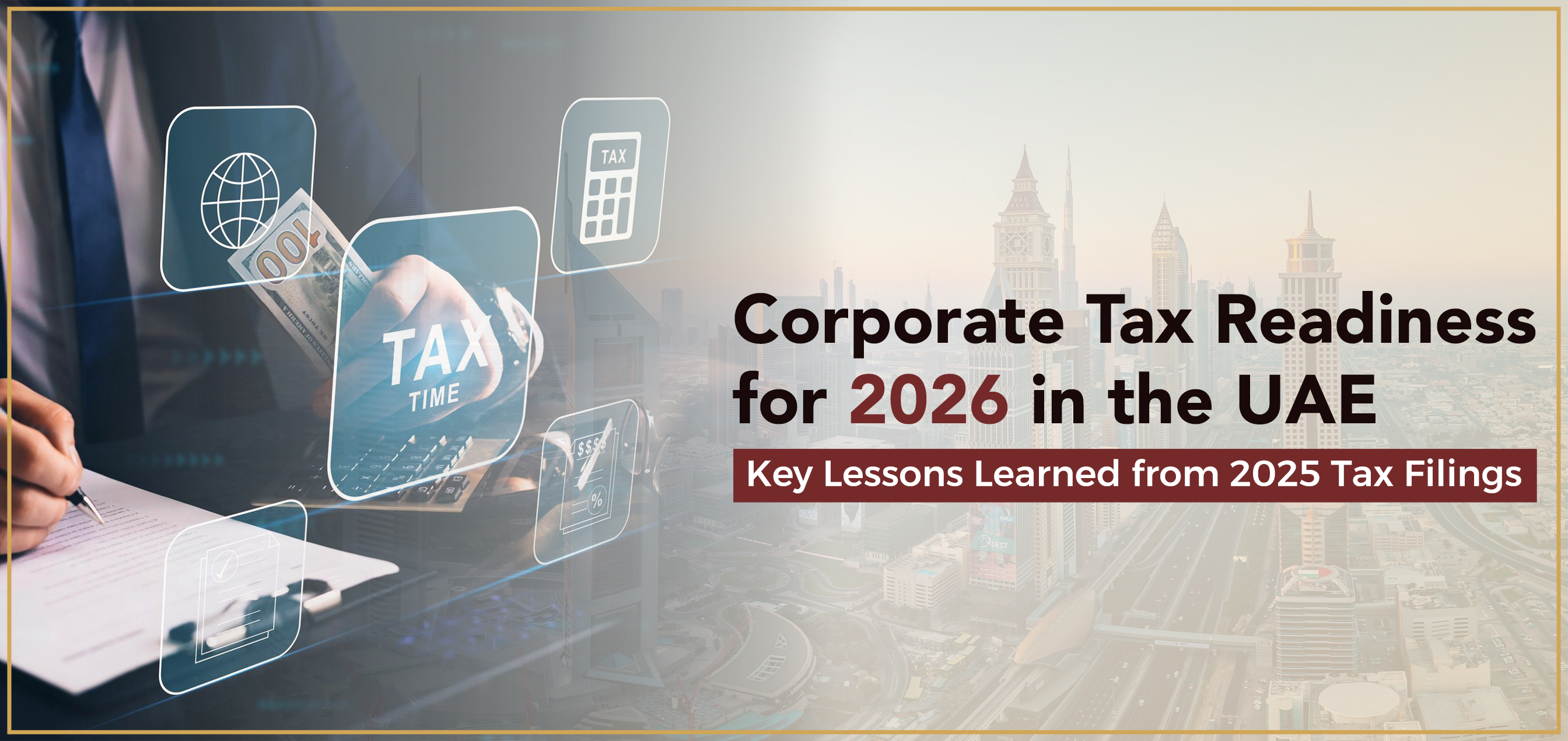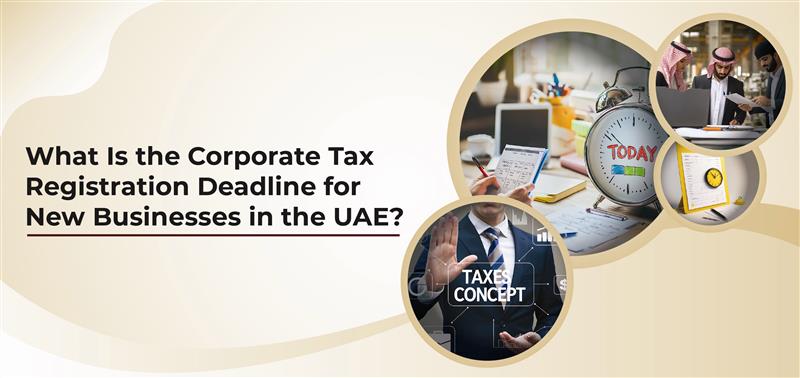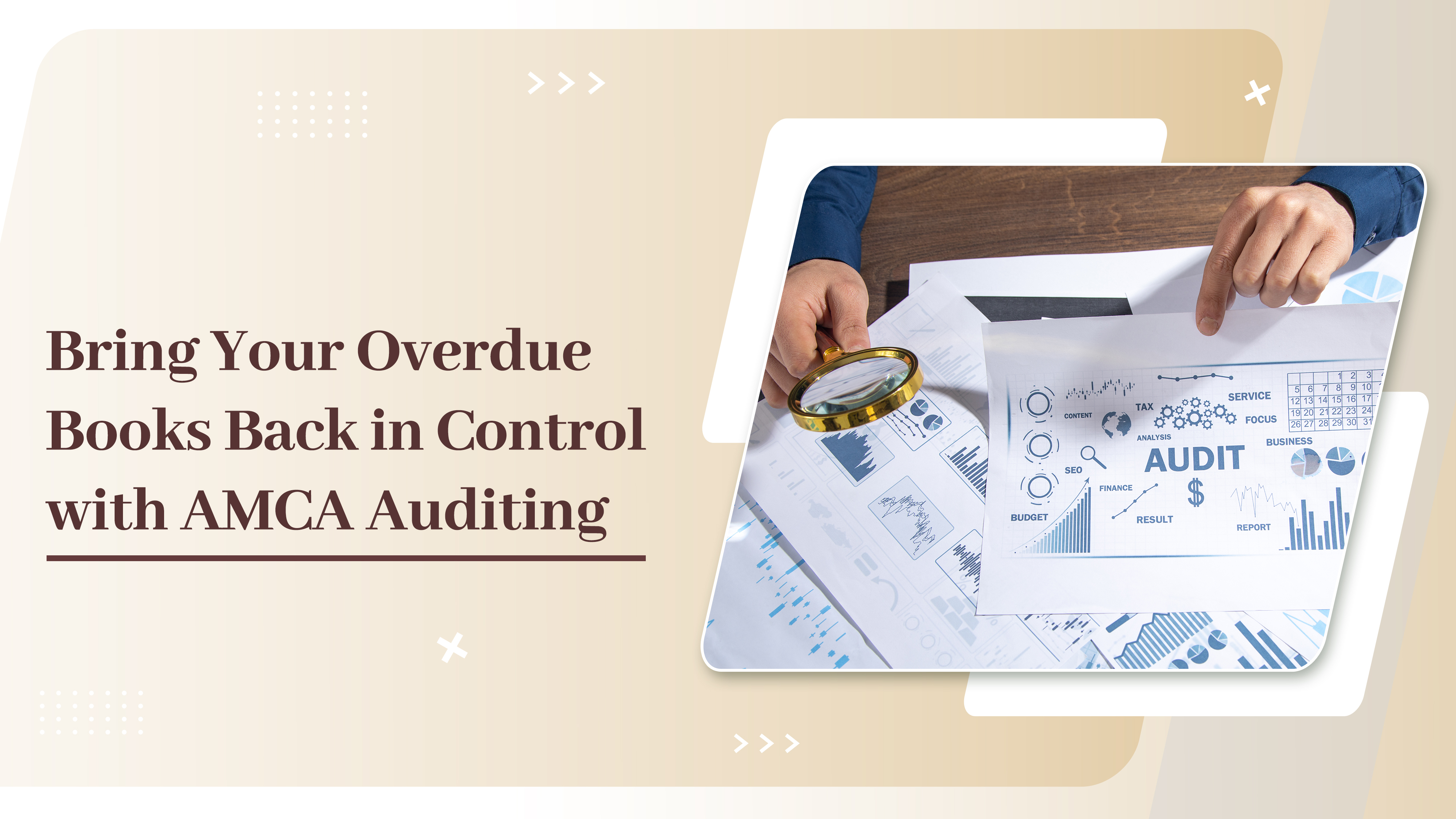
08 Aug 2022
Since the UAE introduces the federal level Corporate Tax, business income in the UAE will no longer be exempt from taxation. Despite this, the UAE's 9% Corporate Tax rate remains low by global standards, ensuring that foreign investment will remain strong.
A list of frequently asked questions about Corporate Tax in the UAE can be found below.
01 What is a Corporate Tax in the UAE?
Generally, UAE businesses don't pay Corporate Taxes. Furthermore, tax moratoriums are usually renewable for 50 years for free zone companies. Nevertheless, starting 1 June 2023, all businesses in the UAE will have to pay corporate income taxes.
The UAE Corporate Tax rate is 9%. This scheme will apply to all businesses in scope that register a net income or a taxable income of AED 375,000 or more. If the taxable income of your small business does not exceed AED 375,000, your tax rate will remain at 0%.
Moreover, employment income earned by an individual is not included in the calculation. However, freelancers and other individuals whose income is over the AED 375,000 threshold are required by law to be licensed or have a permit. Those earnings would then be subject to corporate income tax at 9%.
02 Has the UAE enacted a Corporate Income Tax?
As of now, the UAE does not have a corporate income tax system. However, on or after 1 June 2023, a new corporate income tax regime will take effect.
03 Is there a Corporate Tax rate?
The UAE Corporate Tax rate is 9%. There are a few exemptions, and more will be declared when the new corporate income tax regime finally takes effect. The 0% income tax rate will remain applicable to businesses whose taxable income is less than AED 375,000. A different tax rate will apply to large multinational companies that satisfy the criteria. In addition, businesses involved in natural resource extraction will continue to be taxed at an emirate level.
04 How is Corporate Tax calculated?
A corporation's tax rate is calculated based on its accounting net income. Considering all revenue streams, you can calculate net income, also known as net profit or net earnings. In addition, you also need to calculate your expenses incurred to earn such incomes as per expenses allowable (which may be specified by the final Tax Law), which include operating expenses, interest on loans, depreciation (or Capital Allowance), among others.
The sum of all income diminished by expenses is your net income, which is your taxable income. To determine your Corporate Tax liability, multiply your net income by a 9% UAE Corporate Tax rate. It shall also be noted that the accounting net income (subject to adjustments) shall be in accordance with the internationally accepted accounting principles.
05 What is federal Corporate Tax?
A federal government levies federal Corporate Tax on resident businesses. In the UAE, the federal Corporate Tax rate will be a flat rate of 9% for businesses whose taxable incomes exceed AED 375,000. However, this does not apply to enterprises that extract natural resources. The determination of Corporate Taxes will remain in the emirate government.
06 Does the UAE currently have a Corporate Tax?
Currently, the UAE does not impose Corporate Taxes except on foreign bank branches and entities engaged in natural resource extraction at the emirate level. However, this will change after implementing the new corporate income tax regime on or after 1 June 2023. As a result of the new Corporate Tax regime, all businesses domiciled in the UAE (except those involved in extracting natural resources) will be subject to 9% Corporate Tax if their net income exceeds AED 375,000.
07 Are Corporations taxed in Dubai?
The vast majority of Dubai corporations do not pay Corporate Taxes. Also, free zone companies do not pay Corporate Taxes since they have been exempted from them for 50 years. In addition to paying Corporate Tax, natural resource extractors and foreign banks may also do so under their respective decree-laws.
However, as of 1 June 2023, all businesses in the UAE, including those in Dubai, will be subject to a 9% Corporate Tax.
08 Are there any exemptions from the UAE Corporate Tax scheme for 2023?
There are a few exceptions to the UAE's 9% corporate income tax that will go into effect on or after 1 June 2023:
- Taxes will remain at the emirates level on enterprises extracting natural resources
- Multinational corporations meeting specific conditions will be subject to a different tax rate.
- An individual's employment income must be licensed or permit-required unless derived from freelancing or business/commercial/professional activities.
- Investors' income from real estate investments, provided the investments are made personally rather than as part of a business.
- Personal investments in stocks and securities, along with their income and capital gains
- Savings and deposit account income and interest earned by individuals
To qualify for corporate income taxes, it is still necessary to make more than AED 375,000 is still required.
09 Does the 2023 Corporate Tax apply to free zone companies?
As of now, it is unclear whether the new Corporate Tax scheme will have a significant impact on companies in free zones. According to early reports, free zone companies may be subject to the federal Corporate Tax on earnings from businesses in the UAE. However, Corporate Tax may not apply to revenue from offshore activities.
Your business operations may be significantly affected by the UAE Corporate Tax changes. Make sure you are prepared for the transition by consulting with a tax consultant. UAE businesses can also initiate a comprehensive federal tax audit by speaking to their Corporate Tax accountant.
We are here to help. So, take advantage of our Corporate Tax specialists and begin preparing to implement UAE's new Corporate Tax.
Read More
- Corporate tax: What the new transfer pricing rule means for businesses
-
Impact of UAE corporate tax reform on businesses in free zones




